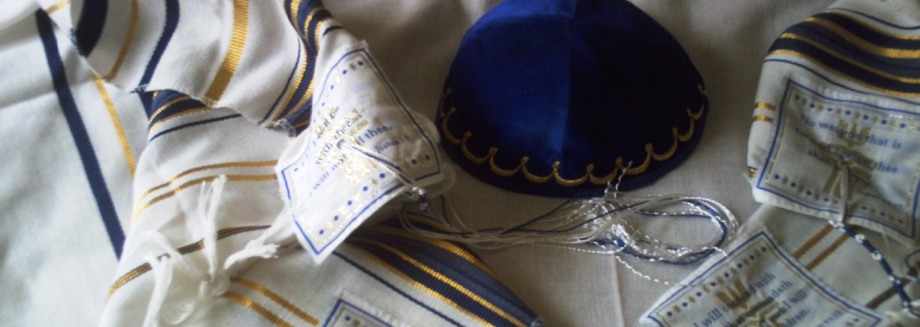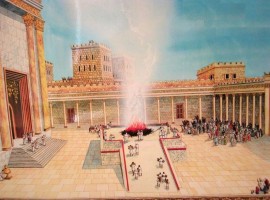
The Temple
Its Structure, Sacrifices, and Prophetic Significance
Sacrifices and offerings, or a better translation..."to draw near", are much maligned in Christian history and teaching, dating back to the destruction of the Temple in 70CE. There is much still to learn, however, from the pattern, symbolism and positive attributes for modern Biblical lifestyle.
We should also consider the possible eventual restoration of the Temple and its practices – better to be prepared in advance and to have thought these things through than to be caught off-guard.
The Bible is full of mentions of "temple" and "sacrifice"...
- Temple mentioned 561 times in Hebrew Scriptures (OT)
- Temple mentioned 121 times in New Testament
- Sacrifice mentioned times in 329 Hebrew Scriptures (OT)
- Sacrifice mentioned times in 59 New Testament
But did Yeshua teach against sacrifice? Did Paul teach against sacrifice?
The Talmud
In the Talmud and Mishnah, a number of sages stated that studying and obeying scripture is greater than performing animal sacrifices, for example:
Once, Rabbi Yohanan ben Zakkai was walking with his disciple, Rabbi Y'hoshua, near Jerusalem after the destruction of the Temple. Rabbi Y'hoshua looked at the Temple ruins and said:
"Alas for us!! The place that atoned for the sins of the people Israel lies in ruins!" Then Rabbi Yohannan ben Zakkai spoke to him these words of comfort: 'Be not grieved, my son. There is another equally meritorious way of gaining ritual atonement, even though the Temple is destroyed. We can still gain ritual atonement through deeds of loving-kindness. For it is written "Loving-kindness I desire, not sacrifice." (Hosea 6:6)
~ Midrash Avot D'Rabbi Nathan 4:5
We take a closer look at the three core concepts of Biblical sacrifice:
- Giving – something that you own
- Substitution – happens to 'it' in my place
- Drawing closer – always the end goal!
- We take a closer look at the types of Sacrifice:
- Olah: Burnt Offering
- Zevach Sh'lamim: Slaughter / Peace Offering
- Chatat: Sin Offering
- Asham: Guilt Offering
- Food and Drink Offerings
- Parah Adumah: The Red Heifer
So what's the point?
So, what's the point of these studies with regard to application today...
- Can you give everything to God?
- Can you offer the complete surrender of all you have?
Our belief is that it will add value and draw you closer to Him, and after all, sin is always dealt with when our focus is on God.
"Therefore, I urge you, brothers, in view of God's mercy, to offer your bodies as living sacrifices, holy and pleasing to God—this is your spiritual act of
worship."
~ Romans 12:1


